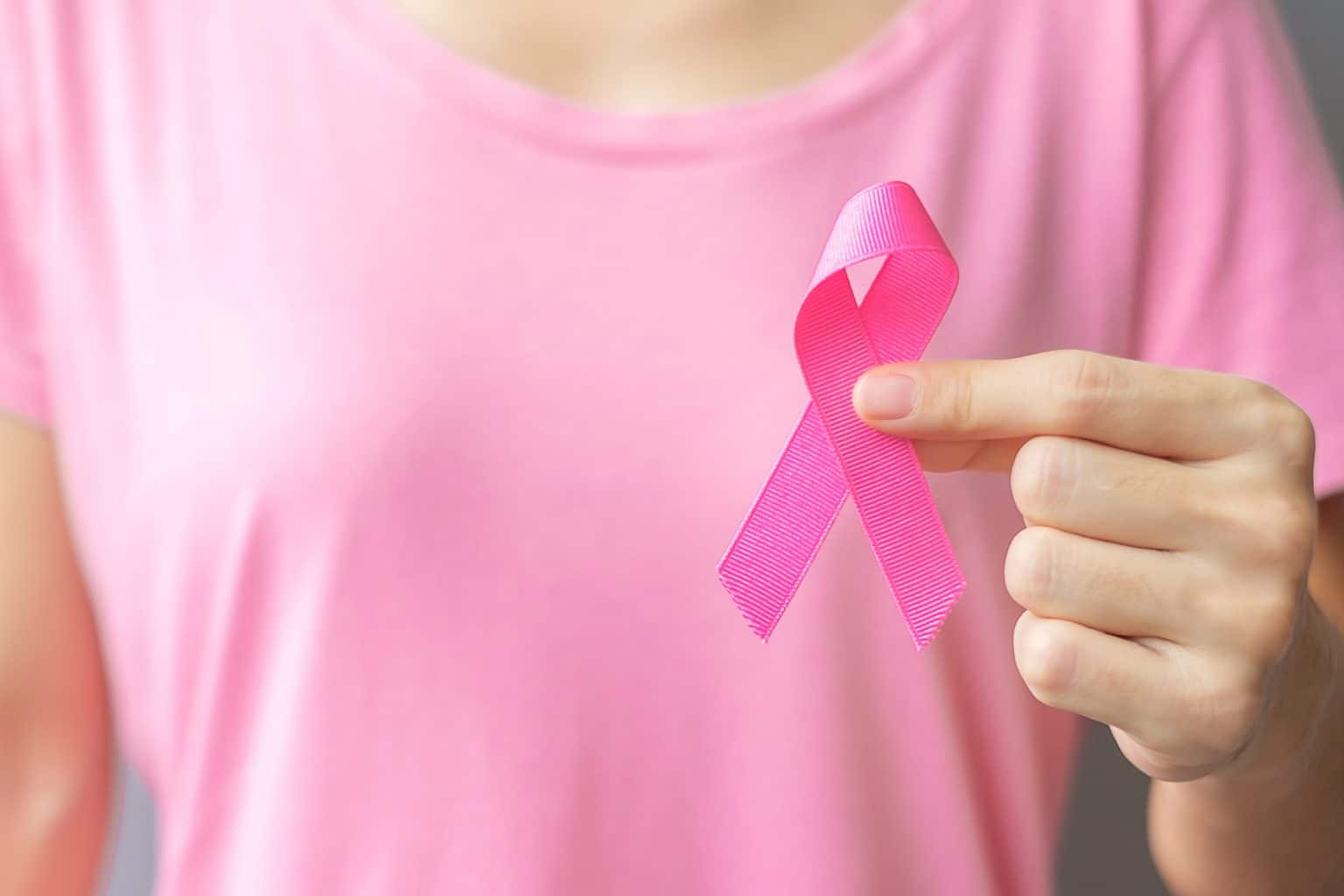October Marks Breast Cancer Awareness Month
October is Breast Cancer Awareness Month, a crucial time to highlight not only primary breast cancer but also secondary breast cancer. This year, the focus is on increasing awareness and advancing research in this critical area. October is just two months away and you should know some important facts about Breast Cancer.
Dr. Hugo De La Peña, MD, PhD, FRCP, a renowned expert in breast cancer and an esteemed educational speaker, shares valuable insights on breast cancer Drawing on extensive experience in patient care, Dr. De La Peña offers a profound perspective on the ongoing battle against this disease. His commitment to curing cancer is evident through his work and the significant progress achieved in recent years.
Understanding Secondary Breast Cancer
Approximately 61,000 individuals are currently living with secondary breast cancer, where the disease recurs after initial treatment. Although advancements in treatment have improved patient outcomes, secondary breast cancer remains incurable. However, with ongoing research, metastatic breast cancer is increasingly managed as a chronic condition, akin to diabetes.
Key Facts About Breast Cancer
To raise awareness, Dr. De La Peña highlights ten essential facts about breast cancer:
- Prevalence of Cancer: Statistics reveal that one in two people will be diagnosed with cancer at some point in their lives.
- Improved Cure Rates: The overall cure rate for cancer stands at about 50%, a significant increase from 25% in the 1970s. The goal is to reach a 75% cure rate by 2034.
- Breast Cancer Statistics: Breast cancer is the most common cancer among women, affecting one in seven, yet it has a high cure rate of 80%.
- Men and Breast Cancer: Although rare, men can also develop breast cancer.
- Genetic Factors: Between 4% and 20% of breast cancers are linked to genetic factors.
- Prevention: Up to 40% of breast cancers can be prevented through lifestyle choices such as avoiding smoking, drinking less alcohol, and maintaining a healthy weight.
- Impact of Stress: Chronic stress is a recognized risk factor for cancer. Managing stress through activities like walking, reading, or yoga can help mitigate this risk.
- Role of T-Cells: T-cells, a type of white blood cell, play a critical role in fighting cancer. They are central to immunotherapy and require support to travel effectively through the bloodstream.
- Advances in Treatment: High-risk cancers are increasingly treated with advanced medicines before surgery, aiming to make treatments less toxic and more effective.
- Ongoing Education: As an NHS consultant and educational speaker, Dr. Hugo De La Peña continues to lead advancements and research in breast cancer treatment.
Breast Cancer Awareness Month highlights both the progress achieved and the ongoing challenges. Through continued research and education, the fight against breast cancer advances, providing hope for better outcomes and improved quality of life for patients. Keep yourself healthy and get regular checkups for the upcoming Breast Cancer awareness month.
